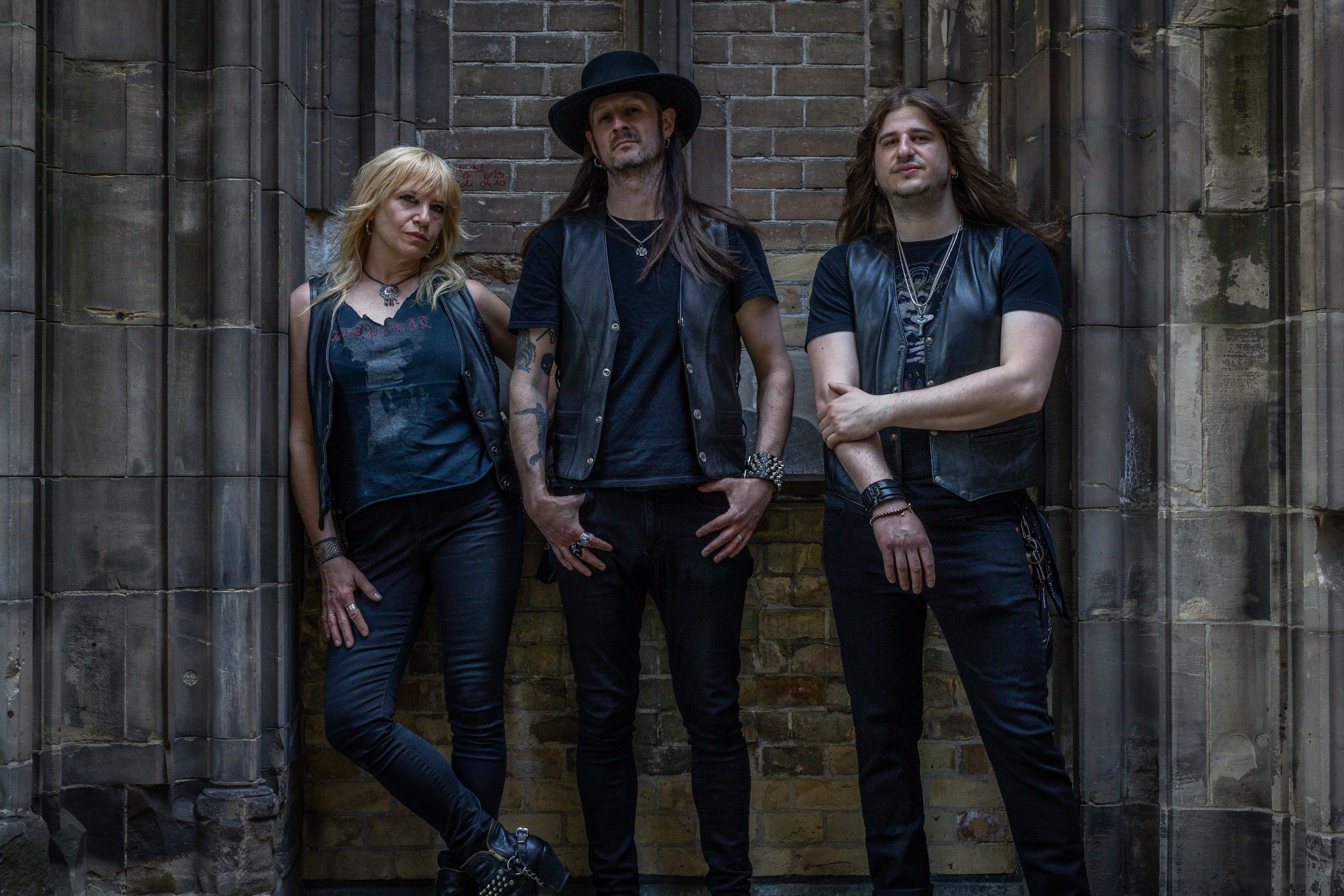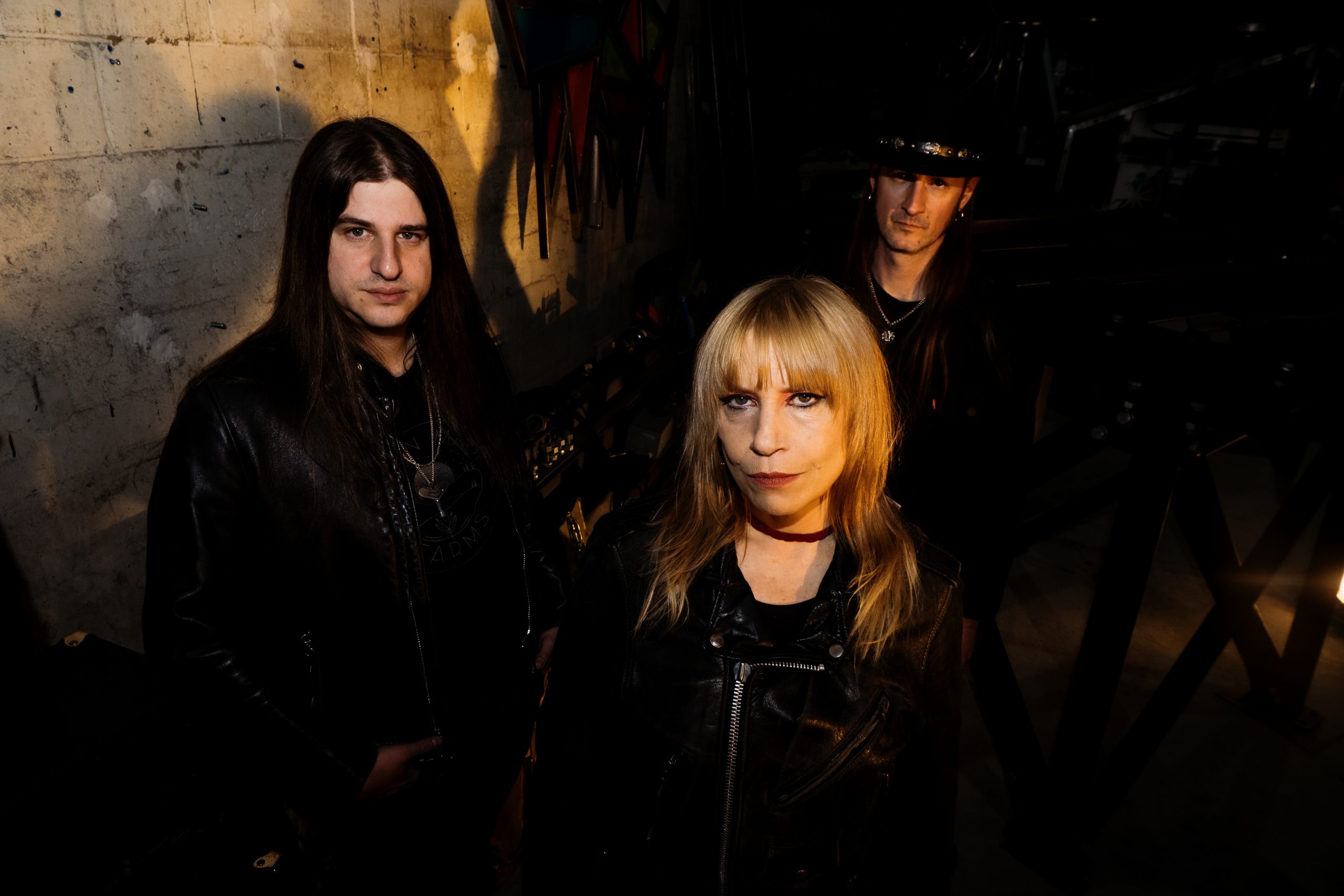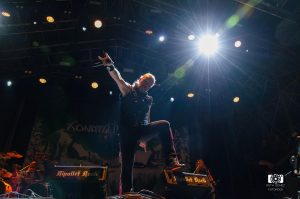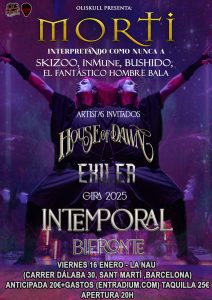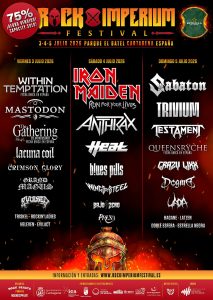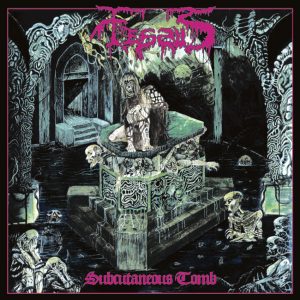SANHEDRIN: Riffs, Rebellion, and Reckoning: Heavy Metal as a Voice for the Voiceless
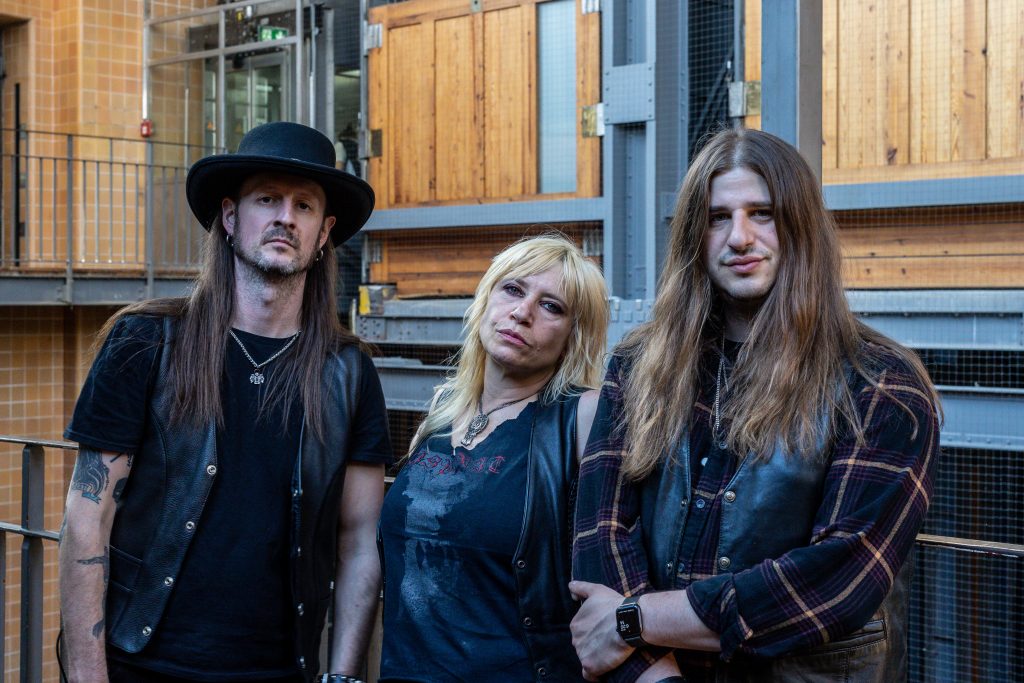
With their latest album, Heat Lightning, Sanhedrin delivers more than just heavy riffs and soaring vocals—they offer sharp social and political reflections wrapped in the power of traditional metal. From environmental concerns to the cult-like grip of social media, civil liberties, colonization, and youth activism, the band uses its music to confront some of today’s most pressing issues. In this interview, we dive into their perspectives on art as activism, the evolution of heavy metal as a force for resistance, and how their sound continues to evolve without losing its rebellious spirit.
-Hi, first off thanks for taking your time. How’s everything doing in the lair of Sanhedrin with the release of “Heat Lightning”?
ES: My lair is very messy because I have been working too much and my cats are pissed at me. The release rolled out great, we are all super proud of it.
JS: We are very excited to have the record unleashed to the world. It’s been a lot of work and anticipation getting to this moment.
-Delving into the album, the title track «Heat Lightning» uses natural phenomena as a metaphor for humanity’s relationship with nature. How do you perceive the current global stance on environmental issues, and what role do you believe artists should play in this discourse?
JS: Art is a great medium to communicate a thought or feeling to a larger audience. There does seem to be a growing disconnect between humans and the natural world it is a part of. We have decided to use our band’s platform to bring this to people’s attention and let them decide what to do with the perspective we offer.
-«Blind Wolf» delves into themes of cults and the loss of individual instincts. In today’s digital age, how do you view the influence of social media and online communities on personal autonomy and belief systems?
ES: You are the first to point out social media as a cult and I think you are absolutely on to something. Algorithms create echo chambers, echo chambers feed people ideas, those ideas are group think, not animal instinct.
JS: Social media is a double-edged sword for society. On one hand, it brings people together who share common interests and allows them feed each other cool new ideas. Social media and online culture as it pertains to the heavy metal community is the driving reason our band has grown to where it is today. On the other hand, it can all be used to harm others and make people feel bad about themselves. I suppose it’s like that with many things in human nature. There is dark and light.
-With «Above the Law» showcasing a punk rock ferocity, what are your thoughts on the current state of civil liberties and the balance between authority and individual freedoms?
ES: This was one of the first songs we wrote together. The lyrics have changed over the years but the chorus has remained the same. It is an implication of those who consider themselves so because of their money and power. Many are impressed by money and power, I see it as a sickness.
JS: To me, two of the most important issues are free speech and peace. Both are at the core of free and prosperous society. Neither major party in America seems to have a great track record on these issues in the era we find ourselves in.
-The song «King of Tides» narrates the fears of puritanical settlers encountering indigenous resistance. How do you reflect on historical narratives of colonization, and how can music serve as a medium to address and reinterpret these stories?
ES: I am not a historian but I know that We are woefully miseducated about the history of colonization in the U.S. There is the narrative of Thanksgiving, sharing a meal. Wampanoag, the first nation of that area, were robbed of their winter stores. The colonists were brutal and bent on survival but any means.
-«Franklin County Line» presents a youthful, coming-of-age story. How do you think the challenges faced by today’s youth differ from those of previous generations, and how does this influence your songwriting?
ES: I am a teacher at a university in NYC. I work with young people and I am always impressed with how adaptable they are. With our government fomenting chaos, I think the kids a willing to put it all on pause to fight for what is right. I know I am.
-In previous interviews, you’ve mentioned heavy metal as a mindset of finding freedom in an oppressive world. How do you see heavy metal evolving in its role as a voice against societal norms and injustices?
JS: I feel like heavy metal has always served to provide strength to people. There is a reason that this music’s fanbase does not discriminate against age, race or nationality. Heavy metal has a following all over the world and provides a unity the world over. Unity is itself a form of rebellion in a world where our leaders constantly wish to divide and conquer.
-Considering the band’s evolution since A Funeral for the World, how has your perspective on blending traditional metal with modern themes changed, especially in addressing contemporary social and political issues?
JS: In addressing real life issues, we try to focus on the universal aspect of what people may be struggling with. While where we live, we may deal with issues specific to our own society. That said, human nature seems to dictate that we are not alone and so it’s important to convey these feelings in a way that people anywhere in the world can relate to us. Each album is a reflection of where we are in the time it was created.
-With Heat Lightning being produced in a new environment with different co-producers, how did this change influence the album’s thematic direction?
JS: It was the other way around. The songs we wrote and the goals for how to present them were why we chose a different direction in terms of how and where we recorded.
ES: I remember saying to Jeremy that I wanted to make a more aggressive sounding album this time. Matt Brown and Jerry Farley were able to bring out that aggression from an engineering perspective.
-And before we wrap this interview up; what are now your near-future plans
ES: We look forward to bringing this to stages near and far.
JS: We have some select shows in the US in March and April, followed by a European tour with our friends in Savage Master in May into June.
-That’s all from our side. Thanks again for answering to these questions. If you’d like to add some final words; it’s your turn.
ES: thanks for the interview, I enjoy your content!

